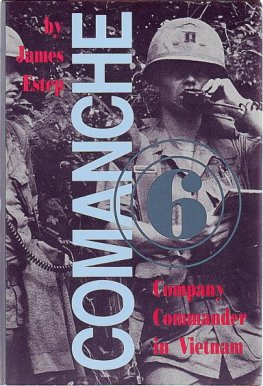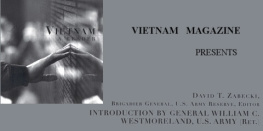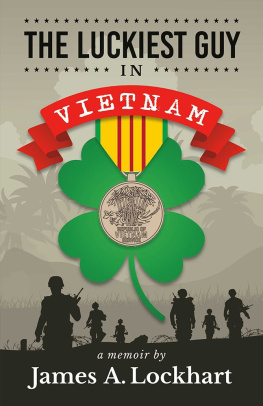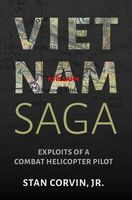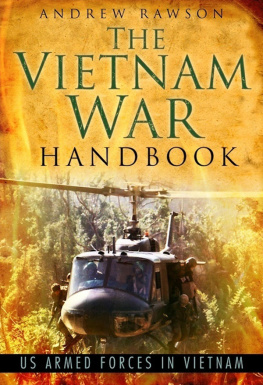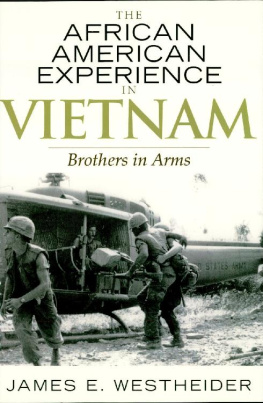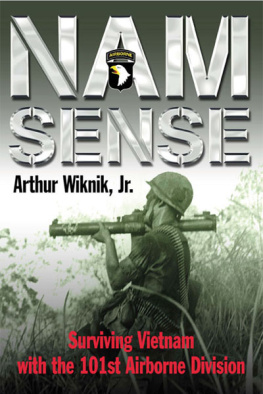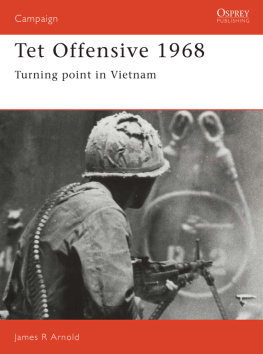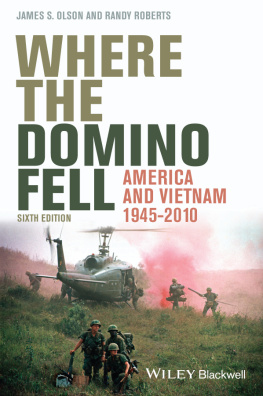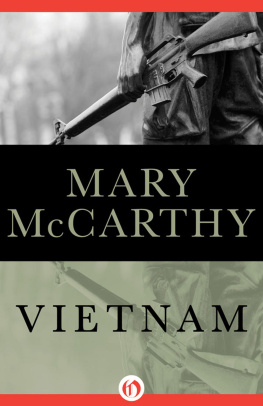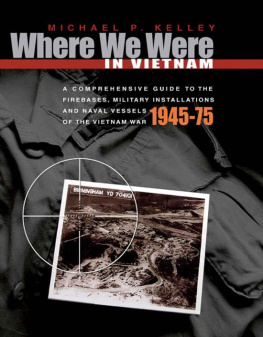James Crumley - One to Count Cadence
Here you can read online James Crumley - One to Count Cadence full text of the book (entire story) in english for free. Download pdf and epub, get meaning, cover and reviews about this ebook. year: 1987, publisher: Vintage, genre: Detective and thriller. Description of the work, (preface) as well as reviews are available. Best literature library LitArk.com created for fans of good reading and offers a wide selection of genres:
Romance novel
Science fiction
Adventure
Detective
Science
History
Home and family
Prose
Art
Politics
Computer
Non-fiction
Religion
Business
Children
Humor
Choose a favorite category and find really read worthwhile books. Enjoy immersion in the world of imagination, feel the emotions of the characters or learn something new for yourself, make an fascinating discovery.

- Book:One to Count Cadence
- Author:
- Publisher:Vintage
- Genre:
- Year:1987
- Rating:3 / 5
- Favourites:Add to favourites
- Your mark:
- 60
- 1
- 2
- 3
- 4
- 5
One to Count Cadence: summary, description and annotation
We offer to read an annotation, description, summary or preface (depends on what the author of the book "One to Count Cadence" wrote himself). If you haven't found the necessary information about the book — write in the comments, we will try to find it.
One to Count Cadence — read online for free the complete book (whole text) full work
Below is the text of the book, divided by pages. System saving the place of the last page read, allows you to conveniently read the book "One to Count Cadence" online for free, without having to search again every time where you left off. Put a bookmark, and you can go to the page where you finished reading at any time.
Font size:
Interval:
Bookmark:
One to Count Cadence
by James Crumley
a.b.e-book v3.0 / Notes at EOF
Back Cover:
"James Crumley is the James Jones of Vietnam." -- Chicago Sun-Times
The time: late summer, 1962. The place: Clark Air Force Base, the Philippines. Sergeant Jacob "Slag" Krummel, a scholar by intent but a warrior by breeding, assumes command of the 721st Communication Security Detachment, an unsoldierly crew of bored, rebellious, whoring, foul-mouthed, drunken enlistees. Surviving military absurdities reminiscent of those in CATCH 22 only to be shipped clandestinely to Vietnam, Krummel's band confront their worst fears while finally losing faith in America and its myths.
Powerful, scathingly funny and eloquent, ONE TO COUNT CADENCE is a triumphant novel about manhood, anger, war, and lies.
"A brawling, romantic novel about the hell of war, the value of friendship, the difficulties of loving and how to be a man despite the price of it all." -- Washington Post
"A gutting, eloquent first novel." -- Kirkus Reviews
"A compelling study of the gratuitous violence in men... carefully molded, without a slack line, a fuzzy character or blurred incident." -- The New York Times
First vintage contemporaries edition, June 1987
Copyright 1969 by James Crumley
All rights reserved under International and Pan-American
Copyright Conventions. Published in the United States by
Random House, Inc., New York, and simultaneously in
Canada by Random House of Canada Limited, Toronto.
Originally published, in hardcover, by Random House in 1969.
Library of Congress Cataloging in Publication Data
Crumley, James, 1939-
One to count cadence.
(Vintage contemporaries)
I. Title.
PS3553.R7805 1987 813'.54 86-40468
ISBN 0-394-73559-5
Front page photo copyright 1984 by Lee Nye
Manufactured in the United States of America
10 9 8 7 6 5 4
For my Mother and Father
and for Charlie
It was written I should be loyal to the nightmare of my choice.
Joseph Conrad, Heart of Darkness
And I will call for a sword against him
throughout all my mountains, saith the
Lord: Every man's sword shall be against
his brother.
Thus will I magnify myself, and sanctify
myself; and I will be known in the eyes
of many nations, and they shall know that
I am the Lord.
Ezekiel 38:21,23
Fuck 'em all but nine --
Six for pallbearers,
Two for roadguards,
And one to count cadence.
Old Army Prayer
Historical Preface
It's funny how stories get around. Just the other day Captain Gallard mentioned that one about the car. He hadn't spoken for several minutes, but had sat, staring out my window toward the sixteenth green running his fingers through his curly hair. When he finally spoke, his voice was low, drifting far from the Philippines, all the way back to Iowa and his childhood, as he told me about the mythic automobile of his youth.
You know the story: the car, the big, fancy one you've always wanted and dreamed about, is for sale in a nearby city (always the city) for twenty-five dollars. They always tell that part first, as they told Gallard about this Lincoln in Des Moines. Then the eternal catch: an insurance salesman died in the car on some deserted road; died, then rotted, and the stench has seeped into the very metal. "And you know how death stinks," he said to me, hands in his hair again, those hands (farmer's hands, short and flat and strong, the tips of the middle two fingers on the right hand pinched off in a corn picker long ago), not at all the hands of a bone surgeon.
"I even saved the money," he said with a wistful smile. "But I didn't go to Des Moines. I don't know why. It wasn't the stink so much -- no one would smell it but me as I roared up and down those gravel roads at night -- but I couldn't figure out how to get a girl in it, and you know cars are no good without girls. So I didn't go," he said, leaning back and chuckling. "Didn't get the girl I had in mind either. At least not then." He laughed again, smiled, then let his eyes wander back to the golf course and the two girls working on the green a short way down the hill across the road. The two were short, stocky mountain girls, Benguet Igorots, hips wrapped in many skirts and feet bound in oversized tennis shoes. They resembled those foolish and energetic dolls with weighted bases which when hit always swing up for another punch. But that wasn't what I saw reflected in his eyes, not them, no, nor the bright green fairway fringed in dark pine, nor the city of Baguio misty and lost in the distance, none of these, but the long delicate snout of that mythic Lincoln.
In my not-so-distant youth the car was a Cadillac for one hundred dollars (even dreams are subject to inflation, I suppose) in San Antonio. A doctor, so the story went, had driven into the nearby cedar hills, then blasted a neat hole ringed with brain tissue through the top. I also dreamed, and also failed to follow, though not for so sensible a reason as Gallard. I was simply afraid it wasn't true, and I certainly didn't want to find out. I still hear of the car, though, as I'm sure you do. A Thunderbird in Los Angeles. A Corvette in Atlanta. A Jaguar in Boston. The cities, the cars change, but not those dusty boys in small towns, nor the dream. I'm sure of that; but no longer am I certain if we dream of the power and beauty of the machine or of the stink. Perhaps, and some say for sure, they are the same, but I don't know. I just know the dream is real. Somewhere back in America grown men -- doctors, lawyers, corporation chiefs -- waste their fluid into the metal, decay and drip, drip, decay and fall, so you and I might dream -- and be fooled into a nightmare of death and a cold wind over an open grave.
Gallard doesn't care for me to talk like that, and when I told him how I felt about the dream car, he accused me of seeing all myths, thus God, as a conspiracy. When I answered "Certainly," he accused me of a lack of seriousness. I reminded him that only the day before he had said I was too serious. He maintained that both accusations were valid. "Do you see evil everywhere," he then asked, "or just reflect it?" (I remember Joe Morning asking me the same question once.)
Gallard cares for me, tends my mending arm and leg, carefully X-raying the leg once a week to check the pin. He claims the X-rays are really a plot to sterilize me, and I agree. But all this time he is really searching for another wound, a festering, dripping sore he thinks he smells. He hasn't discovered it yet; but I'll tell him someday. Like a sly old coyote around poisoned meat, he circles, retreats, holds his hunger. But soon the blood and flesh will be too much in his nose, and he must eat or go mad. Maggots purify an open wound, or so I'm told, and I don't suppose I'll really be well until the day Gallard eats the blood of my friend, Joe Morning, on these pages he gave me to record upon. "Therapeutic," Gallard calls it. "Madness," say I. But he is a doctor in the full sense of the word and he cares for wounds.
He smelled it quickly, perhaps even that first day I arrived at the Air Force hospital on Camp John Hay near Baguio. I don't recall very much about the Med-evac flight from Vietnam -- a bulky pain in my whole right side, a forest of gleaming needles, a constant plain of white faces. Then the plane approached the island of Luzon. At first the land was a speck, then a dot, then it grew into a disturbing blot on the pure surface of the ocean, a green-black imperfection in a blue universe. Soon it became an eruption, a timeless monster raising itself painfully from the silent depths of the Mindanao Trench, slime oozing down its steeply ridged back, circled in a froth of white where the sea boiled at contact. Closer, I felt the aged beast must reach up for the plane and brush it away like a troublesome gnat, and I was afraid, again, choked and blinded by fear, but as suddenly as it came, the fright disappeared, the world tumbled back to its rightful place. Slime grew back to thick jungle, and froth eased into restless waves napping at the mountains' feet, and I... and the sleeper back to his grave.
Font size:
Interval:
Bookmark:
Similar books «One to Count Cadence»
Look at similar books to One to Count Cadence. We have selected literature similar in name and meaning in the hope of providing readers with more options to find new, interesting, not yet read works.
Discussion, reviews of the book One to Count Cadence and just readers' own opinions. Leave your comments, write what you think about the work, its meaning or the main characters. Specify what exactly you liked and what you didn't like, and why you think so.

